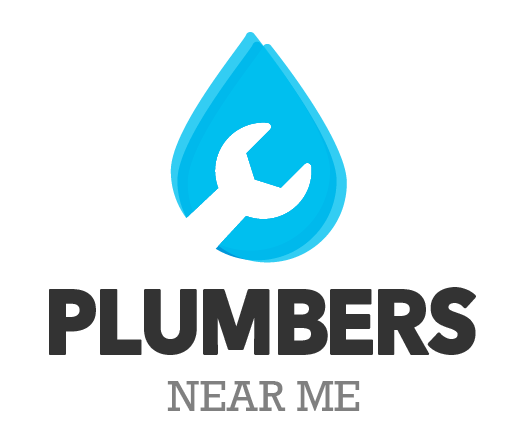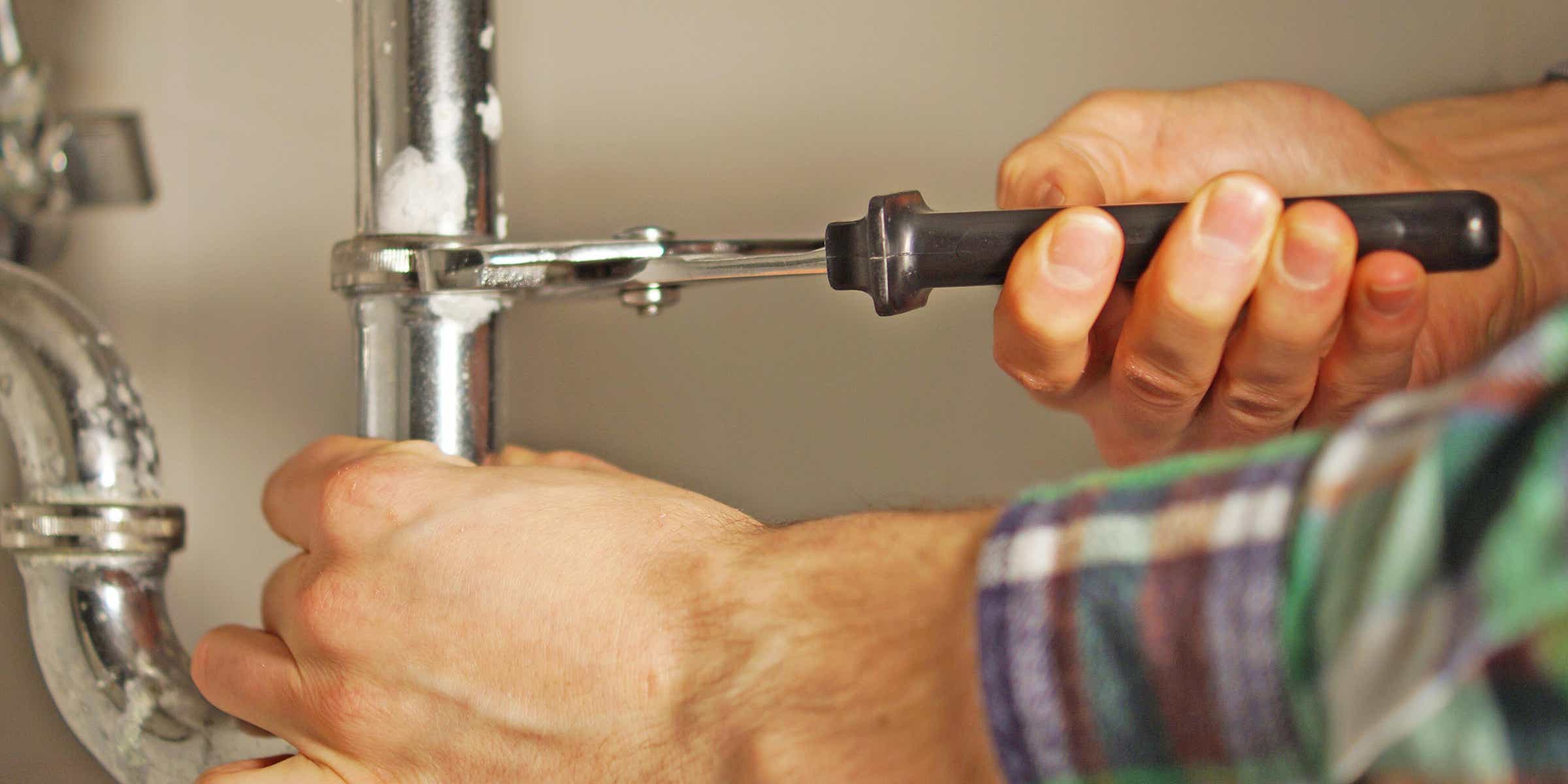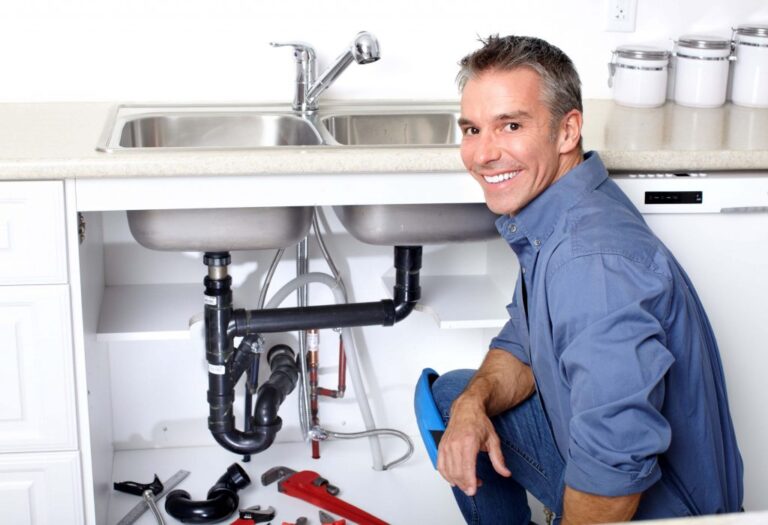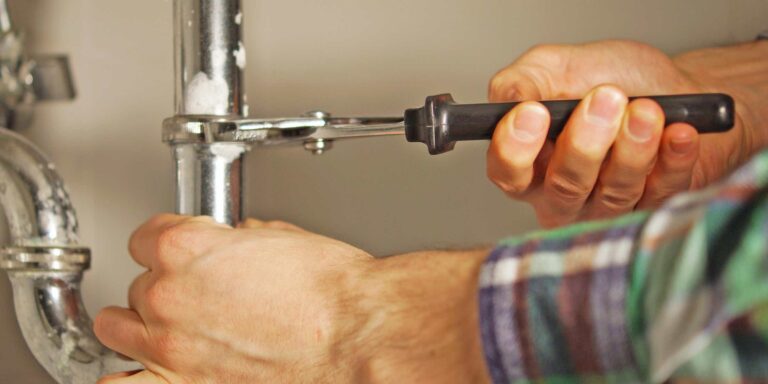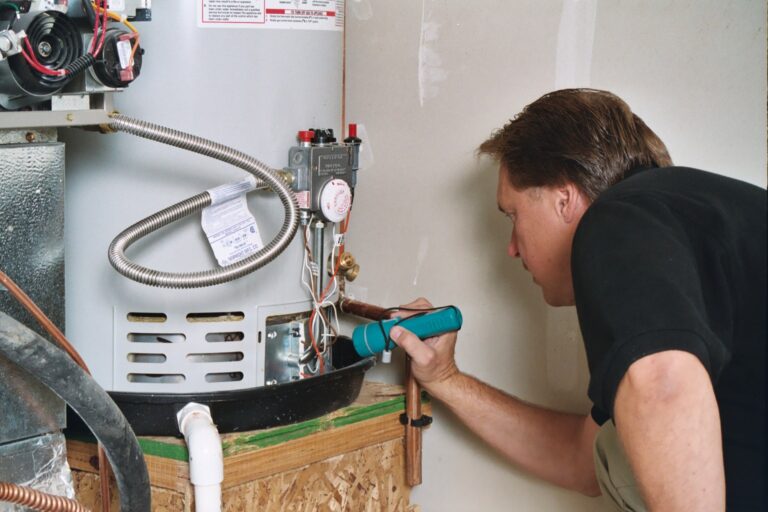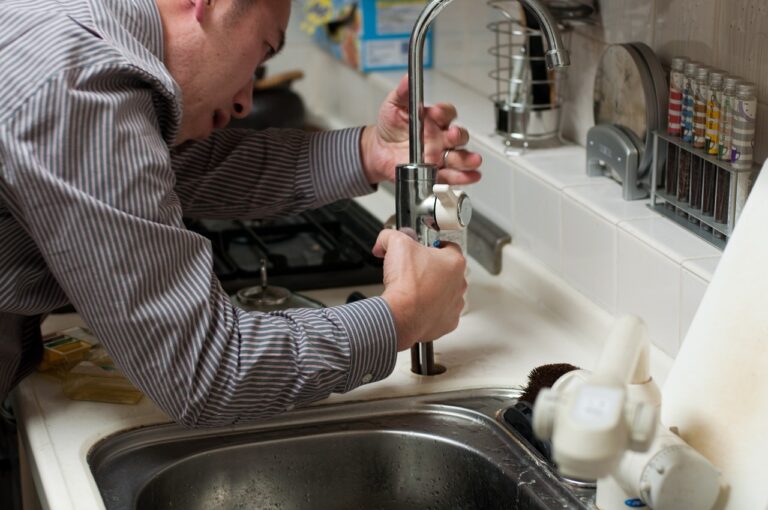How to Detect and Prevent Water Leaks
Leaks can happen anywhere in your home, and detecting and preventing them is crucial to maintaining your home’s value and avoiding costly damage. Water leaks can occur in many different places: -Around toilets -Underneath sinks -In the basement -Around water heaters -Behind washing machines -In the attic -along pipe fittings and valves Fortunately, there are a few things you can do to detect leaks early and prevent them from happening in the first place. Here are a few tips for leak detection and prevention: -Inspect your home regularly for any signs of water damage, such as warped floors, damp walls, or peeling paint. -Check all plumbing fixtures, including toilets, sinks, showers, and tubs, for any leaks. -Make sure there are no drips or leaks from your water heater, washing machine, or any other appliances that use water. -If you have an unfinished basement, check for any water seepage. -In winter, keep an eye out for icicles or frost on your pipes, which could be a sign of a hidden leak. By following these tips, you can help prevent costly water leaks in your home.
How to prevent water leaks in your home
Water leaks can cause a lot of damage to your home, so it’s important to prevent them before they happen. Here are a few tips to help you keep your home leak-free: 1. Check your plumbing regularly. Inspect your pipes, faucets, and other plumbing fixtures for any signs of leaks. 2. Repair any leaks immediately. Don’t wait to fix a leaky faucet or pipe – the longer you wait, the more damage it can cause. 3. Prevent frozen pipes. During the winter, make sure your pipes are well insulated to prevent them from freezing and bursting. 4. Watch for water damage. Be on the lookout for any signs of water damage, such as stains on walls or ceilings, dampness, or mold growth. 5. Know where your main water shut-off valve is located. In case of a major leak, you’ll need to be able to shut off the water to your entire home. By following these tips, you can help prevent water leaks and the serious damage they can cause.
Tips for detecting water leaks early
Water leaks can cause a lot of damage to your home if they’re not detected early. Here are some tips to help you detect water leaks early: Listen for unusual sounds: If you hear dripping or gurgling sounds coming from your plumbing, there’s a good chance you have a water leak. Check your water bill: An unusually high water bill could be a sign of a water leak. Look for water stains: Water stains on your ceilings, walls, or floors could be a sign of a water leak. Check for wet spots: If you notice any wet spots on your property, it could be a sign of a water leak. If you think you may have a water leak, it’s important to contact a professional plumber right away. They will be able to determine the source of the leak and make the necessary repairs.
The importance of water leak detection and prevention
Water leaks can cause a lot of damage to your home or business. And, if left undetected, they can lead to mold growth and structural damage. That’s why it’s so important to have a reliable water leak detection and prevention system in place. There are a number of different ways to detect water leaks. Some systems use sensors that are placed in strategic locations around your property. These sensors can detect even the smallest of leaks and send an alert to your phone or email. Other systems use water meters to track your water usage. If there is a sudden spike in usage, it could be an indication of a leak. Once a leak is detected, it’s important to take action quickly to prevent further damage. The first step is to shut off the water supply to the affected area. Then, you can start repairs. If the leak is small, you may be able to fix it yourself. But, if the damage is more extensive, you may need to hire a professional. Preventing water leaks in the first place is the best way to protect your property. Make sure all pipes and fixtures are in good working order. Check for signs of wear and tear, and repair or replace anything that’s damaged. You should also regularly check your property for any potential leaks, such as cracks in the foundation or leaks around windows and doors. If you have a water leak, don’t wait to take action. The sooner you detect and fix the problem, the less damage will be done..
How to find hidden water leaks in your home
If you have a water leak in your home, it’s important to find it and fix it as soon as possible. Water leaks can cause damage to your home and increase your water bill. There are a few ways to find hidden water leaks in your home. One way is to check your water meter. If your meter is running even when all the water in your home is turned off, you may have a leak. Another way to check for leaks is to listen for them. You may be able to hear a water leak if it’s coming from a pipe behind a wall or under a sink. If you think you have a water leak, the best thing to do is to call a plumber. They can help you find the leak and fix it.
The signs of a water leak in your home
If you suspect a water leak in your home, there are several signs to look for to confirm your suspicions. First, check for puddles of water or water stains on your floors, walls, or ceilings. If you have tile floors, you may also notice cracked or loose tiles. Another sign of a water leak is a musty smell in your home, which is caused by mold and mildew. Finally, if your water bill is higher than usual, this could be an indication that you have a leak. If you notice any of these signs, it’s important to call a plumber right away to fix the problem.
Why water leaks are so damaging to your home
Water leaks are one of the most common and damaging problems that can occur in your home. If left unchecked, water leaks can lead to extensive damage to your home’s structure, as well as create health and safety hazards. The first step in preventing water leaks is to identify and fix any potential sources of water leaks. Common sources of water leaks include: -Pipes and plumbing fixtures: Check for leaks around pipes, faucets, and other plumbing fixtures. -Appliances: Check washing machines, dishwashers, and other appliances for leaks. -Windows and doors: Check for leaks around windows and doors. Once you have found and fixed any potential sources of water leaks, you can take steps to prevent future leaks from occurring. Some tips for preventing water leaks include: -Checking for leaks regularly: Inspect your home for potential sources of water leaks on a regular basis. -Repairing leaks immediately: Fix any leaks that you find as soon as possible to prevent further damage. -Adding water-resistant materials: Use water-resistant materials, such as caulk, to seal any potential leak sources. By taking these steps, you can help protect your home from the damaging effects of water leaks.
